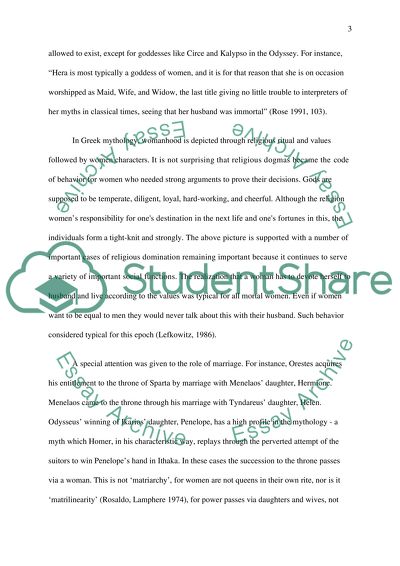Cite this document
(“Women in Greek Mythology Essay Example | Topics and Well Written Essays - 2000 words”, n.d.)
Women in Greek Mythology Essay Example | Topics and Well Written Essays - 2000 words. Retrieved from https://studentshare.org/miscellaneous/1522612-women-in-greek-mythology
Women in Greek Mythology Essay Example | Topics and Well Written Essays - 2000 words. Retrieved from https://studentshare.org/miscellaneous/1522612-women-in-greek-mythology
(Women in Greek Mythology Essay Example | Topics and Well Written Essays - 2000 Words)
Women in Greek Mythology Essay Example | Topics and Well Written Essays - 2000 Words. https://studentshare.org/miscellaneous/1522612-women-in-greek-mythology.
Women in Greek Mythology Essay Example | Topics and Well Written Essays - 2000 Words. https://studentshare.org/miscellaneous/1522612-women-in-greek-mythology.
“Women in Greek Mythology Essay Example | Topics and Well Written Essays - 2000 Words”, n.d. https://studentshare.org/miscellaneous/1522612-women-in-greek-mythology.


